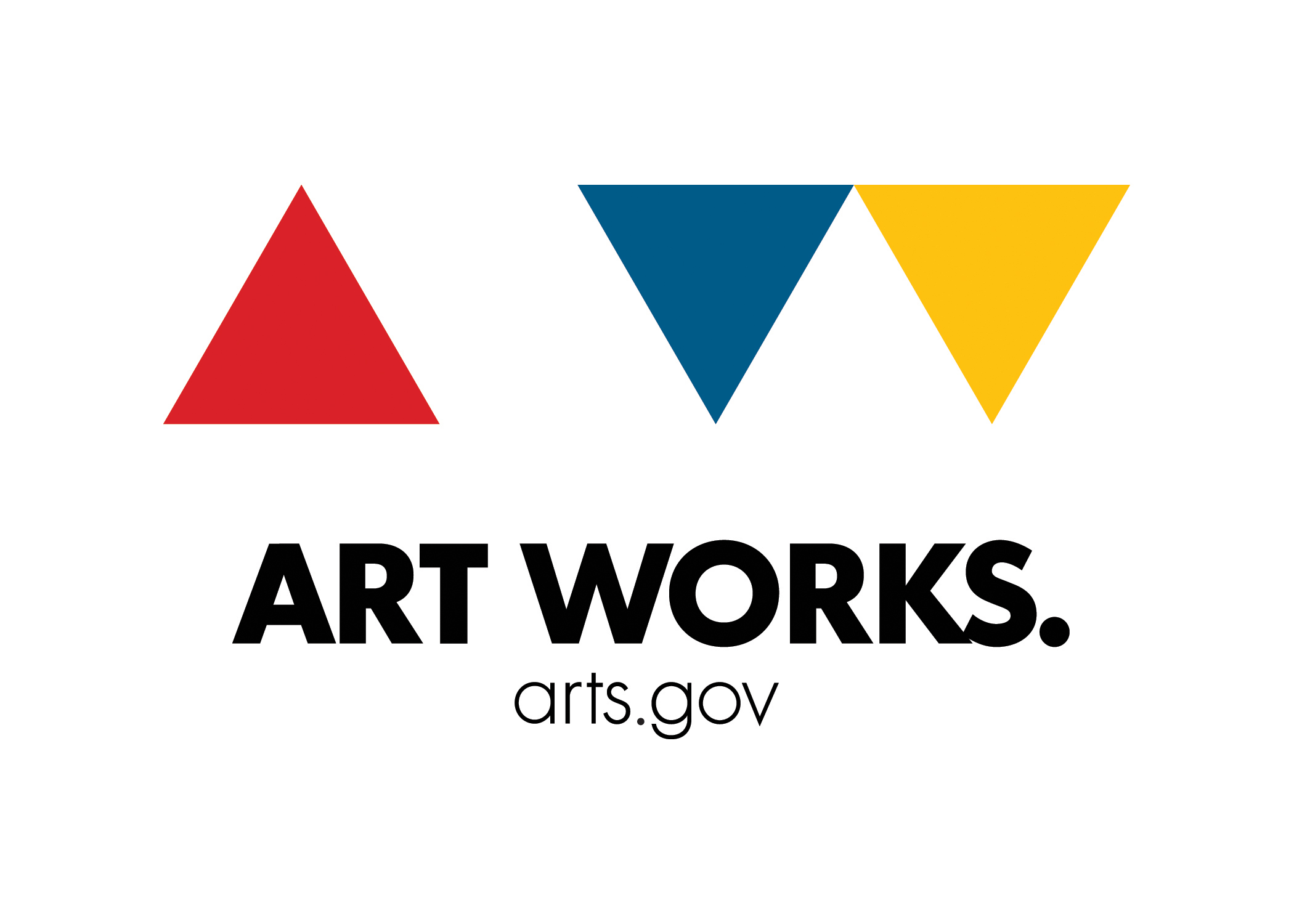Radio can be a lot of things: Radio can be a news report. Radio can be a commentary. Radio can be a conversation. Radio can be an audio postcard. Your story can be a combination of all this and more. Here are some ways to get started.
* Keep an audio journal
Use the tape recorder as an electronic diary. Relax and try to forget about the microphone. Speak the way you do normally. Imagine that you’re just talking to a friend. Being natural takes practice.
* Do interviews
Talk to your family, your friends, your bus driver, the fireman down the street. Get people to tell you their stories.
* Be curious
Think like a reporter. The best thing about carrying around a tape recorder is that it gives you permission to ask people about themselves. Sometimes you find yourself talking to people ‹ even friends and family about things you would never talk about without a microphone. Being a reporter is a license to be curious.
* Paint a picture with your voice
Be a play-by-play announcer. Tell us where you are, who you’re talking to, the date, the time, what’s happening. Be the listeners’ eyes and ears.
* Show, don’t tell
Good tour guides do more than just talk, they show. There are tricks for “showing” things on the radio. You can actually point to objects, for example: “over there on the sidewalk is a big blue dog.” Even though the listener can’t see the dog, a space is created in our imagination for where the blue dog should be. You can often use the microphone the same way you would a movie camera: panning, cutting, zooming in for a close-up. All of these things help create a picture inside our heads. It may sound funny, but radio is a very visual medium. You have to give listeners something to “look” at… with their imagination instead of their eyes.
* Use the small details to tell the big stories
Look for the little things that surprise you. Here’s an example: Mrs. Jones is forty-five years old, a doctor, has a family and a dog. But even more interesting ‹ and revealing ‹ is the fact that Mrs. Jones sets every single clock in her house five minutes fast, and that she collects bus transfers from her commute to work and keeps them all in a shoe box in the closet. You can learn alot about people from a few unexpected details.
* Be there
Let things happen in front of your tape recorder. Record in the moment, instead of telling us about it later. The best documentaries are the ones that let the audience participate and experience things as they happen. There are two types of tape: verb tape (action) and adjective tape (description). Adjective tape is good, but verb tape is more powerful because it pulls the listener inside your story. More verbs. Less adjectives. Be prepared, don’t leave home without it If you want things to “happen” in your story, you have to carry your tape recorder with you as much as possible. You should be prepared to be in the right place at the right time. (At news events you can always tell the lazy reporters from the good ones: hack reporters just come for the sound bites; good reporters get there early and stay until the last person leaves.) You never know when you will stumble onto something that will be the best part of your story. Being lucky requires a lot of work.
* Keep it rolling
The golden rule of radio is that the best moments always happen right when you’ve stopped recording. There’s a reason for that: as soon as you push “stop,” people relax and are more themselves. Natural, truthful moments are priceless. Tape is cheap. Keep it rolling.
* Always strive for one “memorable moment”
Every story should have at least one little part that you just completely love: a great clip of tape, a good scene, a funny anecdote, an unexpected detail. It’s the thing you run back and tell your friends about. Often the “memorable moment” is something that catches you by surprise. Ira Glass, host of the radio show, This American Life, says that the point when he knows he has a good story is usually the moment when he realizes that it’s not the story he thought it was going to be.
“Ordinary experience has in it all the elements of great drama—if you happen to be lucky enough to be around when it’s happening and recognize it for what it is.”
—Frederick Wiseman, Filmmaker





